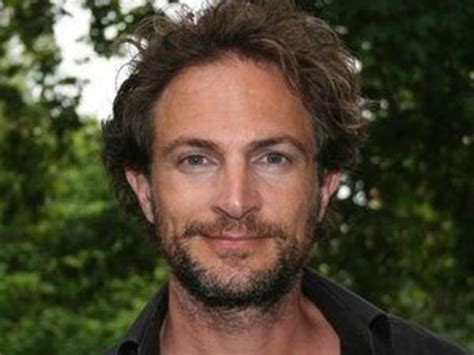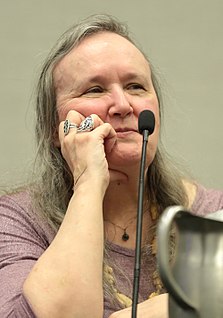A Quote by Whittaker Chambers
Life is not worth living for which a man is not prepared to die at any moment.
Related Quotes
We are left with nothing but death, the irreducible fact of our own mortality. Death after a long illness we can accept with resignation. Even accidental death we can ascribe to fate. But for a man to die of no apparent cause, for a man to die simply because he is a man, brings us so close to the invisible boundary between life and death that we no longer know which side we are on. Life becomes death, and it is as if this death has owned this life all along. Death without warning. Which is to say: life stops. And it can stop at any moment.
There’s no such thing as `one, true way’; the only answers worth having are the ones you find for yourself; leave the world better than you found it. Love, freedom, and the chance to do some good — they’re the things worth living and dying for, and if you aren’t willing to die for the things worth living for, you might as well turn in your membership in the human race.
I see many people die because they judge that life is not worth living. I see others paradoxically getting killed for the ideas or illusions that give them a reason for living (what is called a reason for living is also an excellent reason for dying). I therefore conclude that the meaning of life is the most urgent of questions.
At any innocent tea-table we may easily hear a man say, "Life is not worth living." We regard it as we regard the statement that it is a fine day; nobody thinks that it can possibly have
any serious effect on the man or on the world. And yet if that utterance were really believed, the world would stand on its head.
We discovered that peace at any price is no peace at all. We discovered that life at any price has no value whatever; that life is nothing without the privileges, the prides, the rights, the joys which make it worth living, and also worth giving. And we also discovered that there is something more hideous, more atrocious than war or than death; and that is to live in fear.



































